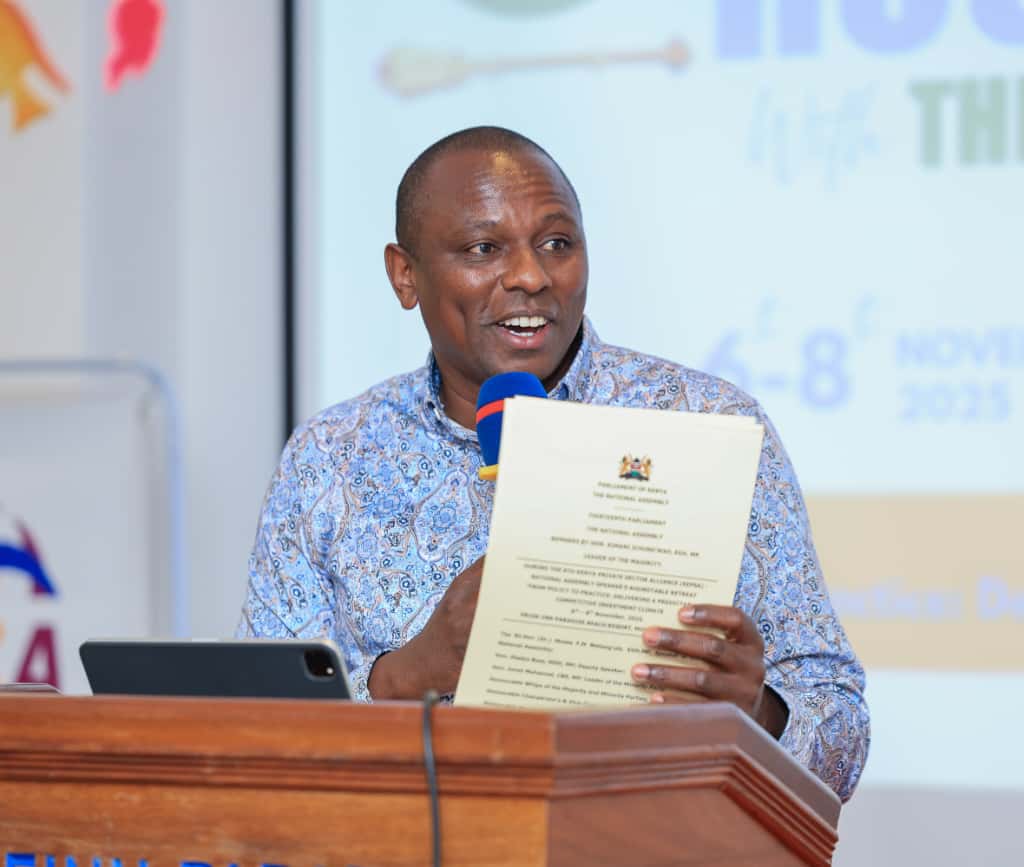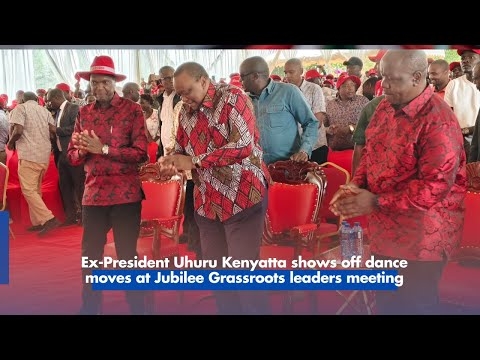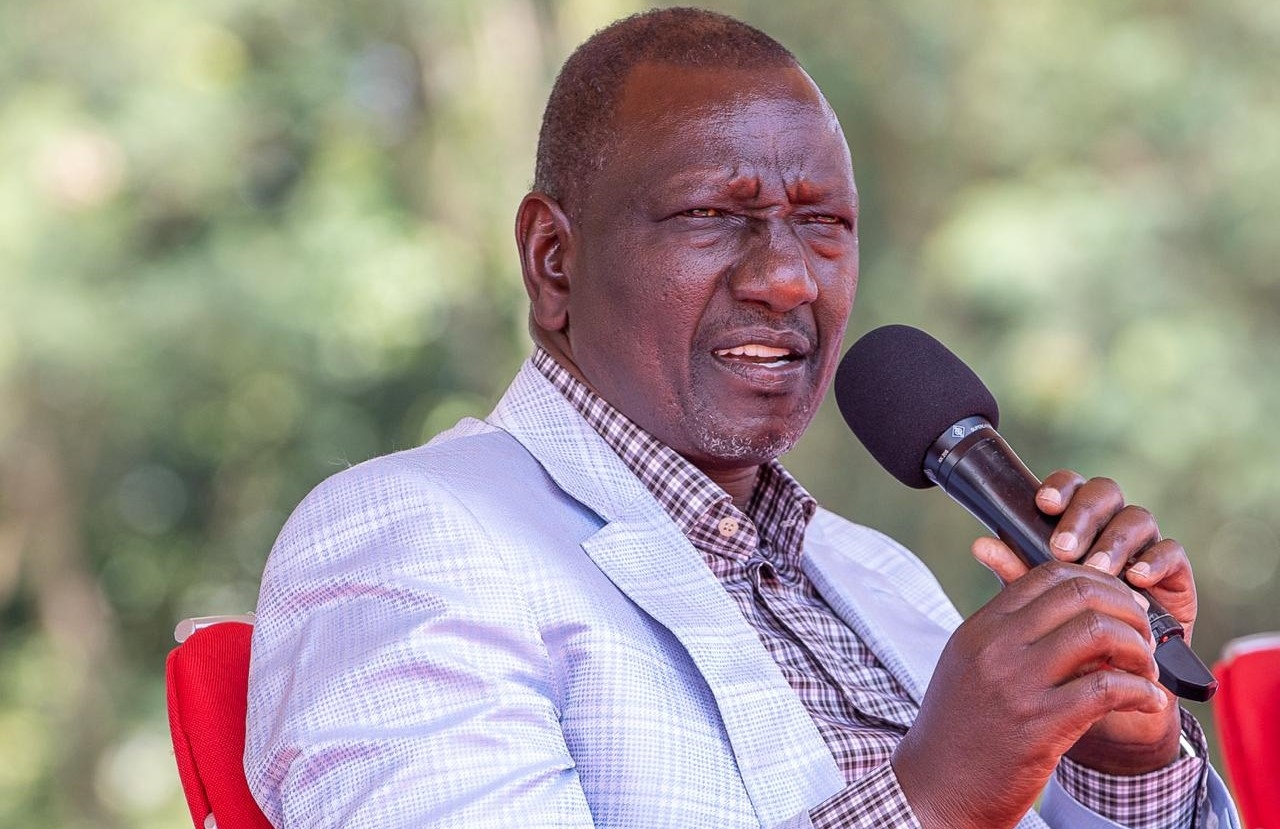

National Assembly Majority Leader Kimani Ichung'wah has decried the "loud silence" of the private sector on crucial legislation designed to protect and improve their business environment.
The Kikuyu MP, speaking at the 8th Kenya Private Sector Alliance (KEPSA)-national assembly speaker’s roundtable in Mombasa, expressed frustration that the business community has abandoned parliament at critical moments.
He highlighted the collaborative effort that went into the 2024 finance bill, which was ultimately dropped following Gen Z protests, lamenting that the very sectors it aimed to shape went quiet.
"It was time the business community spoke and heard," Ichung'wah stated, emphasising that "Your voice has a huge impact on Kenyans."
He pointed to the recently suspended cybercrimes law as a prime example, questioning the silence from the industries it is intended to protect.
"It has taken the church to speak on these issues. Where are the banks? Where are those who have lost millions in SIM swaps? Where are the private sector players whose business systems get hacked and lose millions?" the MP asked.
He urged the private sector to stand up and be heard, instead of watching from the sidelines, asserting that "If we have an informed voice and kill the culture of misinformation which is destroying our country, we will go far as a nation."
Ichung'wah's challenge was framed within the broader theme of the conference, "From Policy to Practice: Delivering through Business and Government Partnership."
While acknowledging the past successes of the KEPSA-parliament partnership, such as reforms in export promotion, e-procurement, and energy market liberalisation, Ichung'wah pushed for a new, more impactful level of engagement.
He laid down a five-point challenge to the private sector, urging a shift from dialogue to deliberate and measurable action. First, he called for advocacy anchored in hard, objective data.
"When KEPSA calls for tax reform, show us what it means in jobs, exports, or productivity," he said, noting that evidence-based proposals are impossible for policymakers to ignore.
Second, he challenged KEPSA to help institutionalise fiscal predictability by partnering with Parliament and the National Treasury to develop a multi-year revenue and tax framework, giving investors confidence and reducing uncertainty.
Third, the majority leader called for a concerted effort to unlock domestic investment by identifying and removing legislative barriers that restrict credit and innovation financing for local investors and SMEs.
"Let us build a legislative environment that rewards enterprise," he urged, aligning the goal with President William Ruto's vision of a first-world economy.
Fourth, he emphasised "shared accountability," reminding the private sector of its duty to pay taxes faithfully, create decent jobs, and invest ethically as the government works to open up the economy.
Ichung'wah urged KEPSA to deepen its engagement at the county level, supporting devolved units to create private-sector-led budgets and growth plans for inclusive, bottom-up development.
The majority leader reaffirmed Parliament’s commitment to a predictable and transparent legislative environment.
He called for the 8th Roundtable to be a catalyst for tangible results, "moving the nation from policy to practice, from dialogue to delivery, and from aspiration to action".











![[PHOTOS] Uhuru leads Jubilee grassroots meeting in Murang’a](/_next/image?url=https%3A%2F%2Fcdn.radioafrica.digital%2Fimage%2F2025%2F11%2F0b2a49cd-52fb-4a92-b9dc-26e253825a4a.jpeg&w=3840&q=100)

